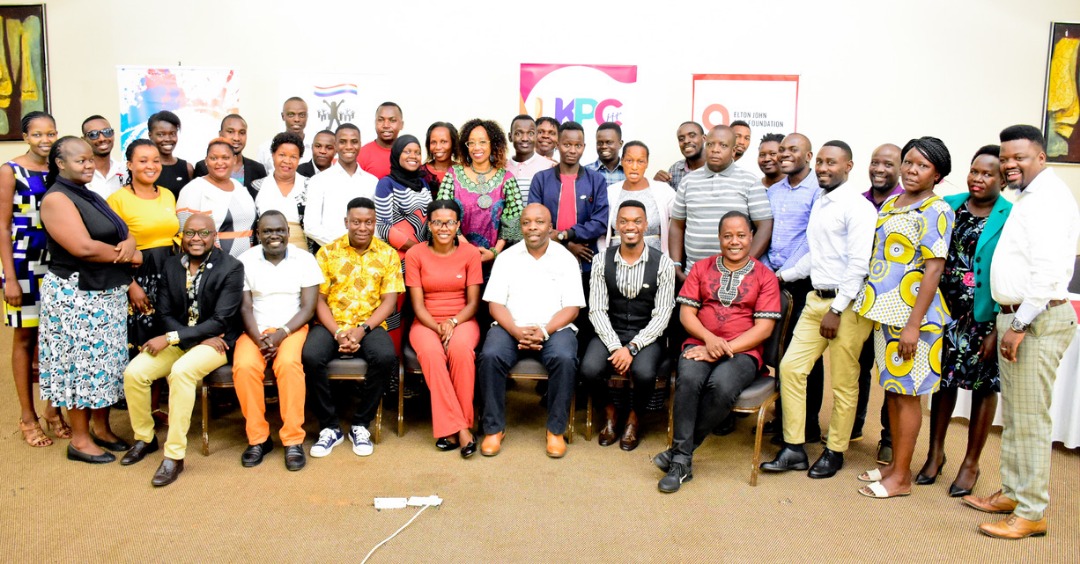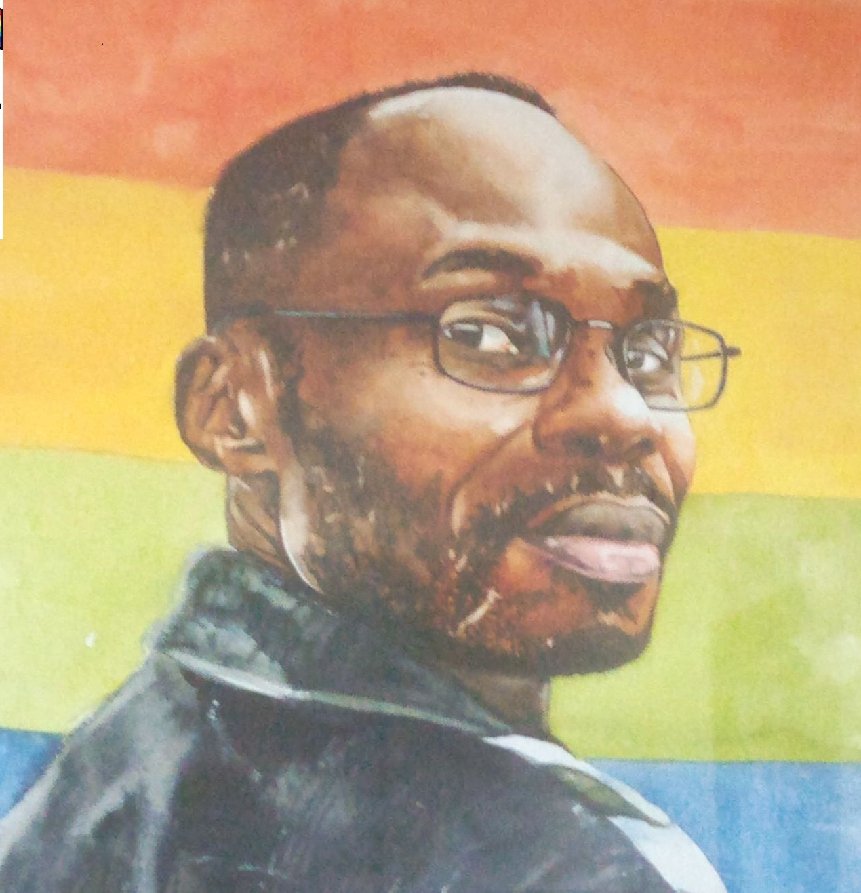The year is 2004, and young activists from the newly formed Sexual Minorities Uganda (SMUG) are repeatedly met with a cold reception when they approach organisations for support.
“Having sagging jeans was kind of fashionable,” says Pepe Julian Onziema, Programme Director and Advocacy Officer at SMUG. “Just our appearance made civil society organisations close their doors.”
SMUG was formed as an umbrella organisation to address human rights issues arising from sexual orientation, gender identity and expression. Prejudice against Lesbian Gay Bisexual Transgender and Intersex (LGBTI) people had been growing in the country, stoked by evangelical Christianity.
Rebuffed by so many potential allies, the activists changed out of their jeans and smartened themselves up. But still nobody would listen. So they went back to the drawing board and thought hard about what exactly they wanted to achieve.
Negotiation
“Our vision is to have all civil liberties enjoyed by all,” Pepe explains. “Acknowledging that, we had to weigh what our strengths were and ask who would complement those strengths. And what our weaknesses were, and who could hold our hand through those weaknesses.”
When it comes to persuading and influencing, Pepe says “Being knowledgeable is very important. Read, consult, document on the areas you want to influence and always be open to learning from others, even from your adversary.”
Partnerships
Partnerships were to prove vital, if not fragile, over the years to come. In 2009, an Anti-Homosexuality Bill was introduced to the Ugandan Parliament.
“When the law was proposed, and we could evidently see that it was about silencing voices and prohibiting advocacy, we decided we could not [oppose it] alone.”
SMUG persuaded other organisations to support the campaign against the bill by pointing out that, if it became law, it would affect their freedoms and activities too.
For further information about this incredibal Experience click the link below
http://qyl.ice.cam.ac.uk/stories/pepe-julian-onziema




